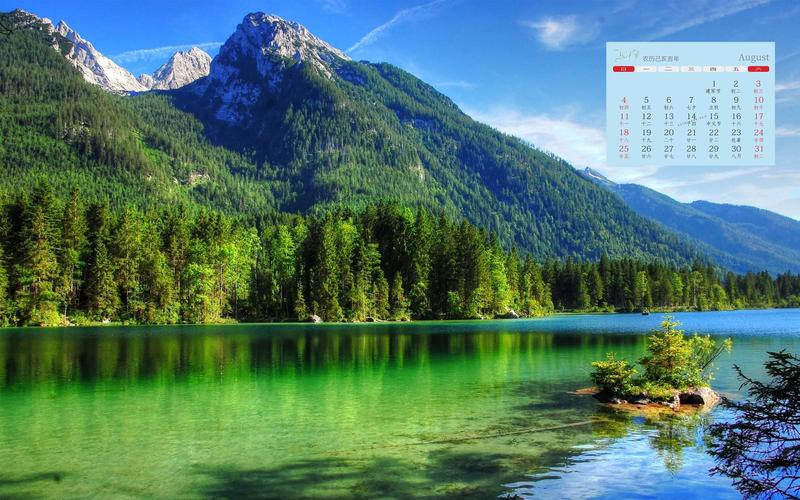When many people think of Rwanda, their thoughts immediately turn to the country’s history of genocide. However, this small African nation has much more to offer than the traumatic events of the mid-1990s. In fact, Rwanda is a land of rich cultural diversity, with a wide range of customs, norms, and traditions.
One of the most notable things about Rwanda is the way that gender roles are defined in the society. Women occupy an important and respected position in many aspects of Rwandan life, including politics, business, and education. This is in sharp contrast to many other African countries, where women often face significant barriers to equality and empowerment.
Another striking feature of Rwandan culture is the importance of family and community. People in Rwanda place a strong emphasis on social relations and obligation, with family ties being particularly revered. This is reflected in everything from the close relationships between neighbors and extended family members to the way that people work together to help the broader community in times of need.
Despite these positive aspects of Rwandan culture, however, stereotypes still exist that portray it as a backward and primitive society. Many people in the Western world – and even some within Rwanda itself – see the country as a place struggling to escape its past and come to terms with its own identity.
In reality, though, the cultural norms of Rwanda are complex, diverse, and evolving. By recognizing and celebrating the diversity of Rwandan society – including its many different ethnic groups, languages, and traditions – people can help to break down these damaging stereotypes. Whether through travel, research, or simply having open conversations with others, it’s essential that we all work to challenge our preconceptions about this fascinating, multifaceted country.
In conclusion, Rwanda is a land of great cultural richness and complexity. Despite the challenges that the country has faced in the past, its people continue to uphold traditions, beliefs, and practices that reflect a strong sense of community, family, and social responsibility. By learning more about the diverse cultural norms of Rwanda and working to break down harmful stereotypes, we can all play a part in fostering greater understanding and respect across cultures.
(Note: Do you have knowledge or insights to share? Unlock new opportunities and expand your reach by joining our authors team. Click Registration to join us and share your expertise with our readers.)
